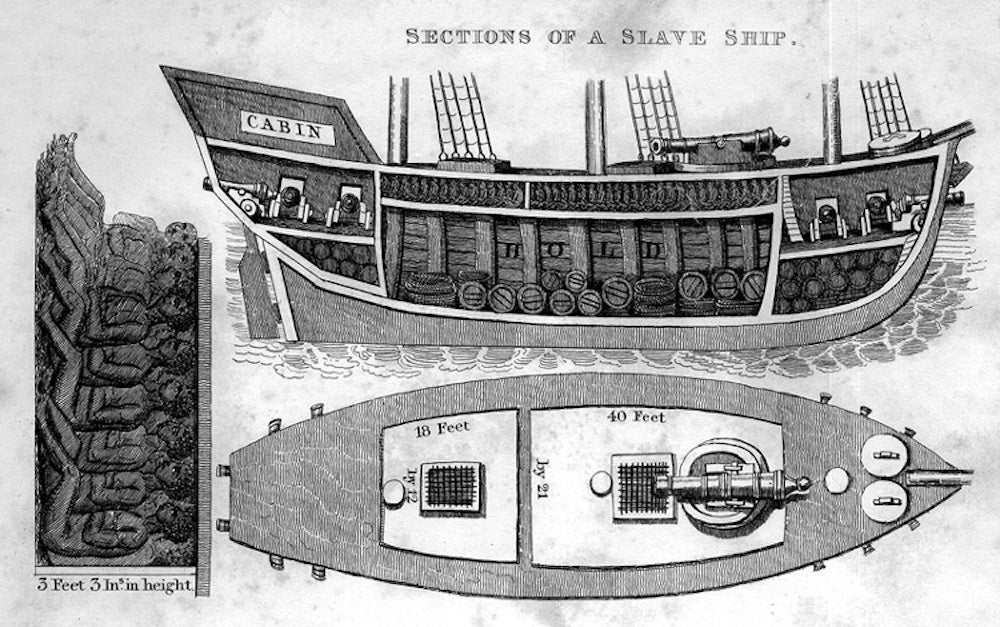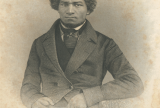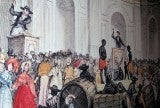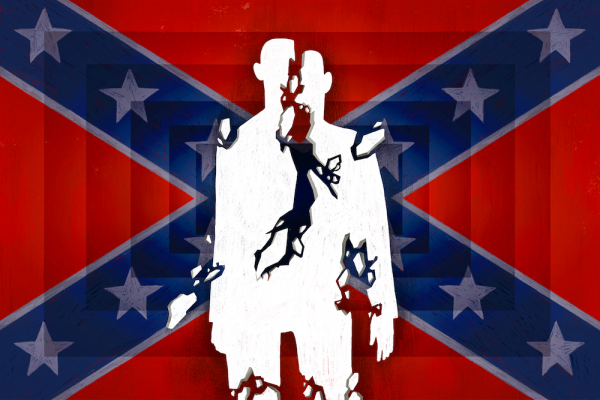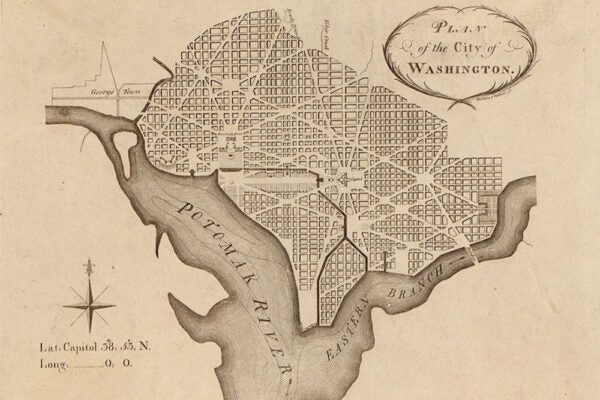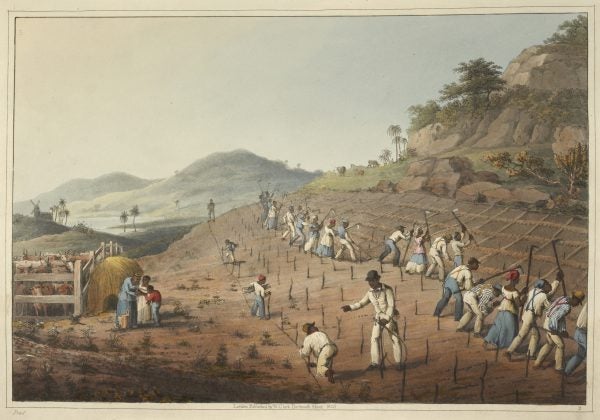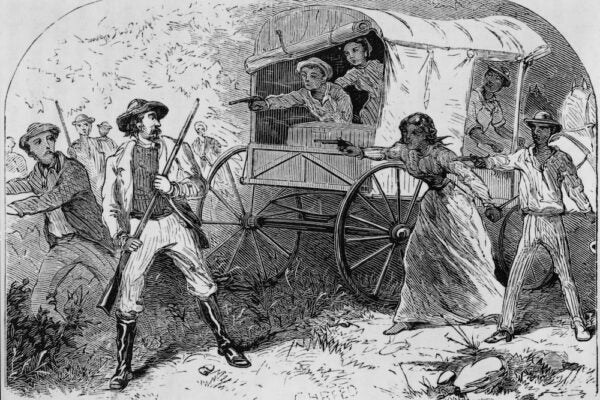Recovering the Stolen Histories of American Slaves
The Tragedy of Treating People as Property Has Left Only Scattered Scraps to Hint at Their Cultures and Communities
For the past eight years I’ve been living with 72 people. These 28 men, 25 women, 12 girls, and seven boys are long dead—they were Africans sold into captivity and shipped to America in the mid-1700s. It’s generally accepted that a factual account of their experience—like almost all Africans enslaved in America—is beyond recovery. Even Roots blended fact and fiction into something its author referred to as “faction.”
But thanks to laborious archival research and the linking of two rare and important documents, I’ve been able to shed new light on …




